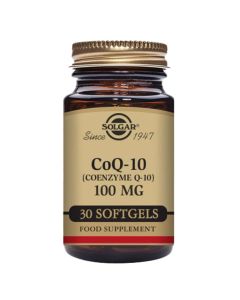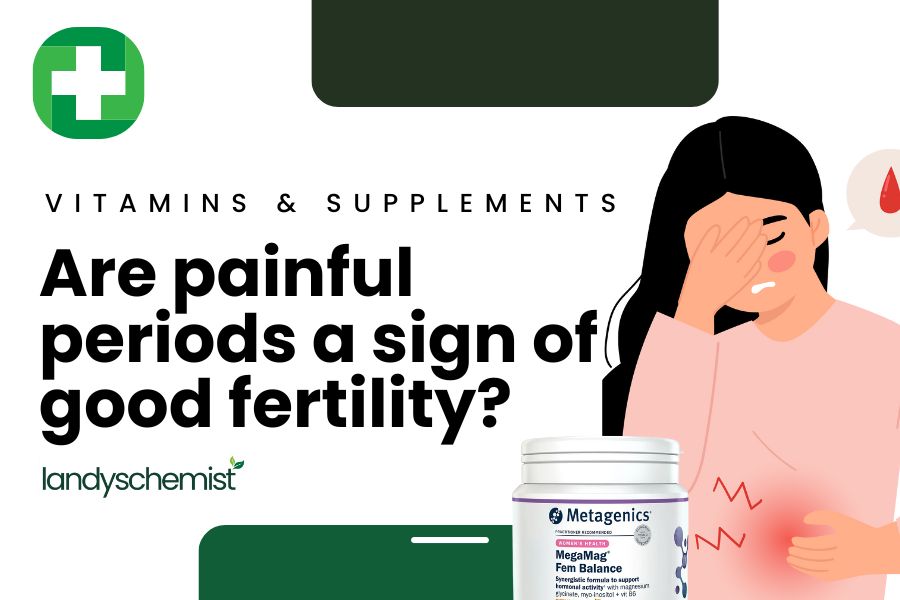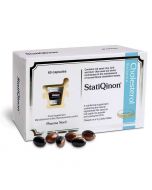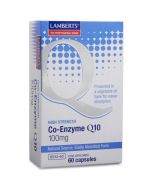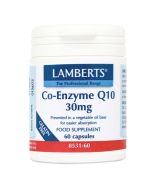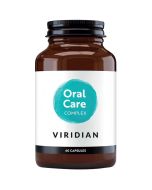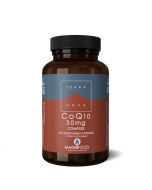
CoQ10 and Statins: Are They Safe To Take Together?
When it comes to managing cholesterol levels, statins are often the go-to prescription for many individuals. However, as statin use has grown, so too has the discussion around the potential benefits of taking CoQ10 (Coenzyme Q10) alongside these medications. If you're wondering whether it's safe to combine these two, this blog will provide clea answers to some of the most common questions and concerns, helping you make informed decisions about your health.
What is CoQ10?
CoQ10, or Coenzyme Q10, is a naturally occurring antioxidant found in every cell of the body. It plays a crucial role in energy production within cells and also helps to protect cells from oxidative damage. While our bodies naturally produce CoQ10, levels tend to decrease with age and can be further depleted by certain medications, including statins.
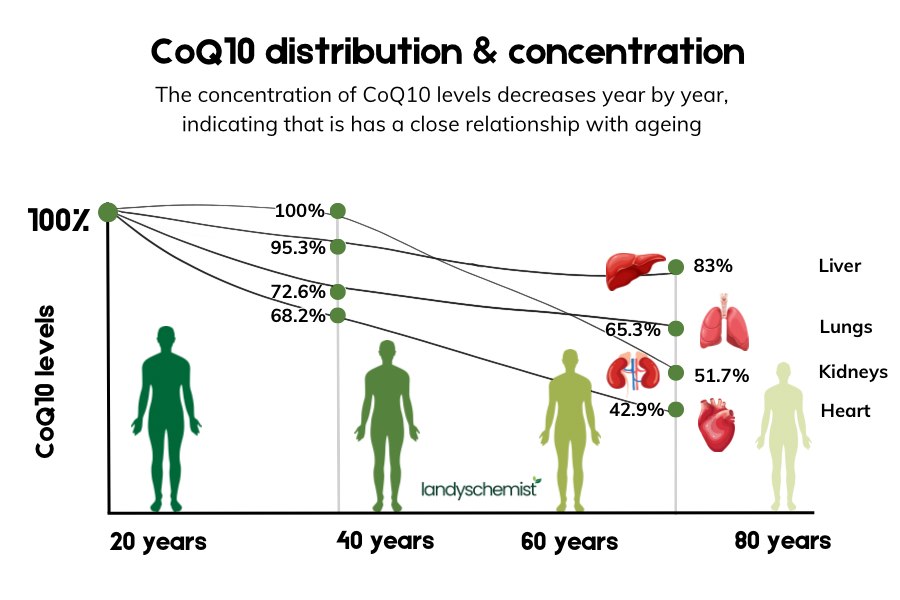
What Are Statins and How Do They Work?
Statins are a class of drugs widely prescribed to lower cholesterol levels in the blood. By inhibiting an enzyme in the liver responsible for cholesterol production, statins effectively reduce low-density lipoprotein (LDL) cholesterol, often referred to as "bad cholesterol". This reduction lowers the risk of heart attack, stroke, and other cardiovascular diseases.
Why Might You Consider Taking CoQ10 with Statins?
One of the most commonly reported side effects of statin use is muscle pain and weakness, a condition known as statin-induced myopathy. While the exact cause of this condition is not fully understood, research suggests that the depletion of CoQ10 in muscle cells may play a role.
Since statins reduce the body's natural production of CoQ10 (because they block the same pathway used to produce cholesterol), some healthcare professionals recommend taking a CoQ10 supplement to counteract this depletion and potentially alleviate muscle-related side effects along with other signs of CoQ10 deficiency.
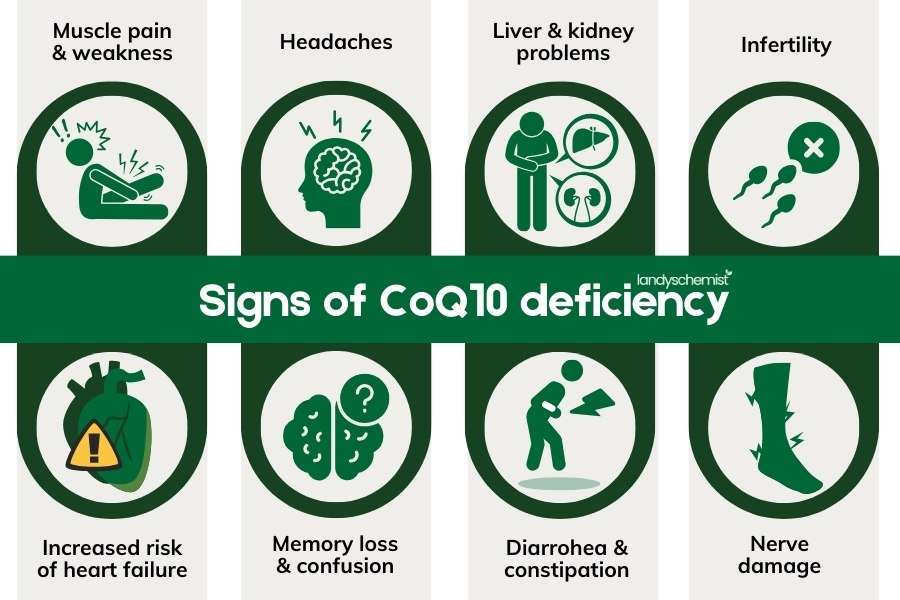
Are CoQ10 and Statins Safe to Take Together?
One of the most frequent questions asked is whether CoQ10 and statins can be safely taken together. The short answer is yes, they can.
Several studies have shown that CoQ10 supplementation is generally well-tolerated and may reduce the muscle-related side effects associated with statin use.
What Does the Research Say?
Research on CoQ10 and statins is ongoing, but several studies have highlighted the potential benefits of CoQ10 supplementation for those experiencing statin-related side effects. A review of clinical trials published in the Journal of the American College of Cardiology found that CoQ10 supplementation significantly reduced muscle pain in statin users.
However, more research is needed to establish definitive guidelines. As it stands, CoQ10 supplementation is considered a safe and potentially beneficial addition for those on statins, particularly for those experiencing muscle pain or fatigue from low levels of CoQ10.
How Much CoQ10 Should You Take with Statins?
We recommend starting with 60 mg - 100 mg of CoQ10 to begin with. Most studies suggest a daily dose ranging from 100 mg to 200 mg of CoQ10 for those taking statins. It's advisable to start with a lower dose and gradually increase if necessary, based on how your body responds.
Potential Side Effects and Interactions
While CoQ10 is generally considered safe, it’s important to be aware of potential side effects and interactions. Common side effects are mild and may include digestive issues such as nausea, diarrhoea, or stomach upset. CoQ10 may also interact with blood thinners like warfarin, so it's crucial to consult your healthcare provider if you're on other prescribed medications.
Conclusion: Should You Take CoQ10 with Statins?
Ultimately, whether or not to take CoQ10 alongside statins is a personal decision that should be made in with consideration to your symptoms. If you’re experiencing muscle pain or fatigue while on statins, CoQ10 may offer relief whilst also combatting signs of CoQ10 depletion with age. However, if you’re not experiencing any side effects, there may be no need to add CoQ10 to your regimen.

